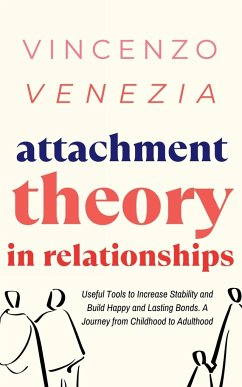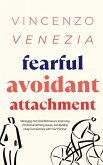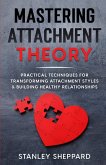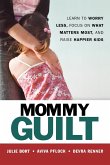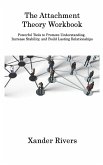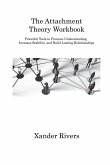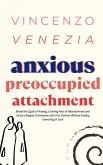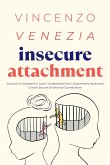How does the choice of one's partner take place? Do you see the same patterns of behaviour emerge in yourself and in your relationships over and over again? Do you make noble efforts to grow the relationship, but find that it gets stuck in the same place for months or even years? Or, conversely, do you find yourself running away as soon as the relationship turns into something deeper? Whether we are aware of it or not, our childhood experiences play a huge role in shaping the kind of person we become. The relationships we had as children with our parents, or whoever looked after us, have a profound effect on how we react to certain situations in our lives and how we interact with the people around us. As young children, we instinctively respond to the kind of love and support offered by our parents or guardians. Later in life, when we become adults, these patterns that come from early experiences become life scripts, cognitive maps that are generalised and extended to others and, in particular, to those people with whom we will form emotional relationships as adults. Like it or not, attachment styles inevitably shape intimate relationships between people. Indeed, dysfunctional or incorrect attachment patterns can lead us to make poor emotional choices or to enter dysfunctional and unstable relationships that may be characterised by violence, oppression or submission. Human relationships can give rise to the constant presence of a fear of abandonment associated with controlling behaviours, a constant search for reassurance and emotional hyper-vigilance, sometimes going as far as emotional blackmail. Such patterns quickly become subconscious. The book is intended as a journey to rediscover ourselves and how we interact with others that starts from childhood through to adulthood. This book is recommended if your relationship is characterised by: - Dissatisfaction and/or high levels of conflict. - Interpersonal distance. - Obsession, intrusiveness, jealousy and distrust. - A strong desire for fusion and at the same time concern about rejection and abandonment. - Problems with intimacy and the inability to enjoy or thrive in sexual relationships. - A low level of emotional involvement. Don't worry if you identify with all or any of these problems. The patterns and beliefs we develop as children, although often deeply ingrained in our psyche, can be unlearned and replaced with positive beliefs and approaches that enable us to achieve personal balance and a satisfying life as a couple. Unlike other more specialised books this one is deliberately written in a clear, fluent language, suitable even for those with no background in psychology. Couples who ignore this may be forced to settle for bonds made up of silences, misunderstandings, distance and conflicts that protracted over time, leading inexorably to a sad ending of the relationship itself. Understanding and identifying attachment issues is one of the most satisfying and valuable things you can do for yourself. You will open the door to a greater sense of self-worth, successful friendships, strong family ties, and pave the way for lasting and loving romantic relationships.

